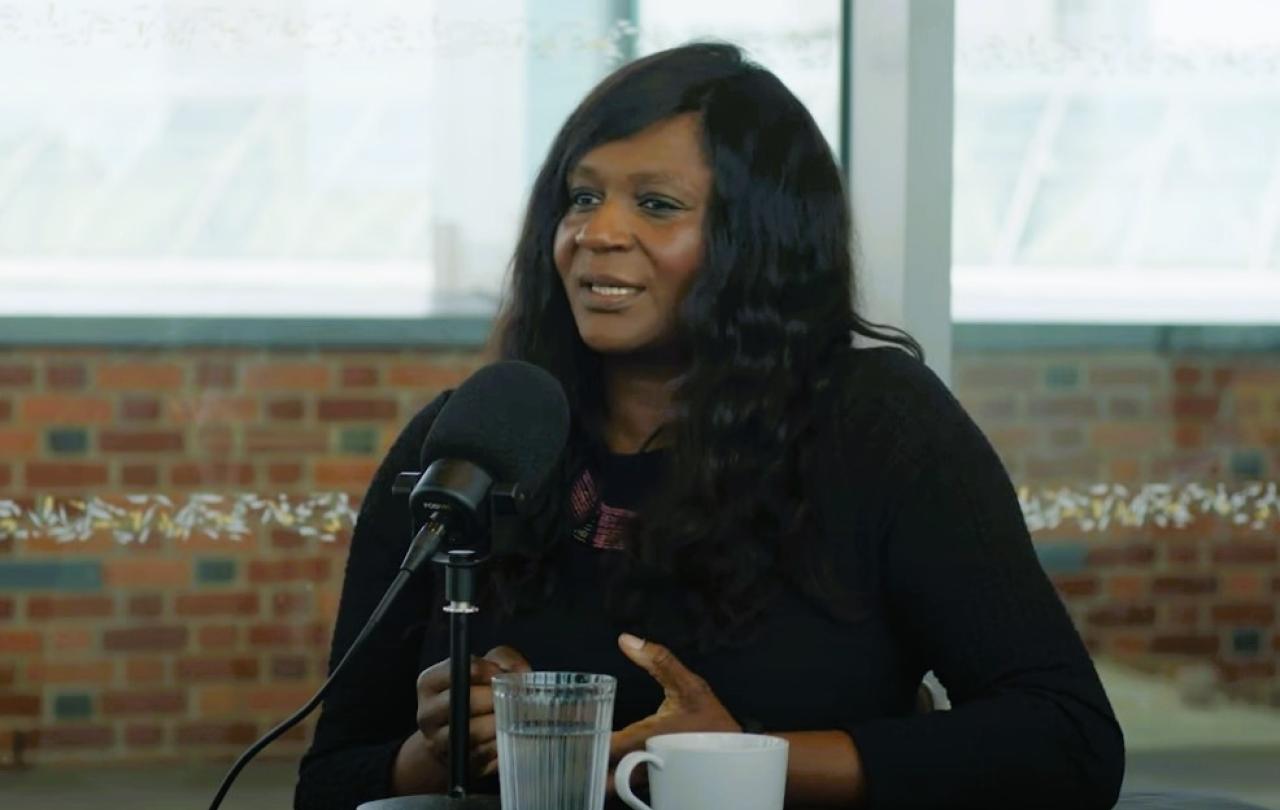
For most of my life, I’ve identified as someone who would fail the marshmallow test—the famous experiment testing delayed gratification in children. In this test kids are presented with a marshmallow and told that if they don’t eat it and wait for ten minutes, they can have a second one. Like those kids who couldn’t wait for the second marshmallow, I rarely want to wait for things in life. And this desire for immediacy has been amplified by our culture of microwave meals and next-day deliveries. Within our convenience culture, this desire for immediacy finds itself at home. However, when recovering from recent surgery I found myself frustrated with the idea of waiting to heal. I wanted my recovery delivered quickly, like an Amazon package, so I could return to normal life.
But rushing through healing can come at a high cost. Studies show that athletes who return too soon after injury face a 60 per cent higher risk of further issues, and patients who resume normal activities before their bodies are ready suffer more complications, anxiety, and delayed healing. Though I was fortunate enough not to feel external pressure to rush back to work, I realised the real force pushing me to get back into normal life was pride. I simply didn’t like being told ‘no’ even by my own body. Furthermore, I didn’t like the feeling of being helpless and not in control of my own life - the feeling of appearing weak in the world.
Surgery humbled me, forcing me to admit that I am in fact weak and not in control. It invited me to surrender—to doctors, to my body, to friends, family and to the process as a whole. As I meditated on an ancient wisdom, from the Bible, “Patience is better than pride,” I found truth in it. Patience helped me recognize what pride didn’t; the strength of my body and the abundance of love and support around me.
In trying to rush back into normal life I was forcing my body beyond its capability and falling into the trap of believing that weakness is a shameful thing - rather than just part of our natural human experience. In waiting, I’ve experienced a deeper appreciation for my body, my community, and the gifts of rest and healing. These things are as sweet as a second marshmallow. If life is asking you to slow down and make space for recovery, lean into it. Set the boundaries you need and trust the process. From someone coming out on the other side, I can say it’s worth it.





